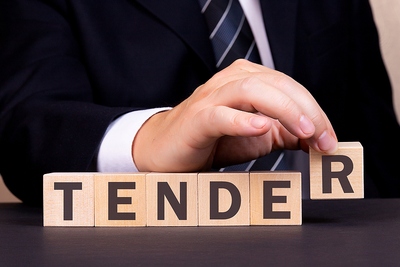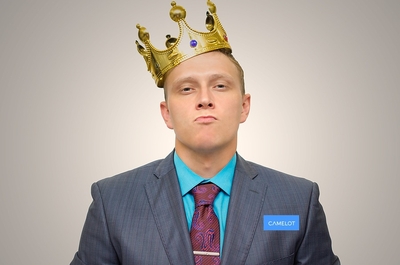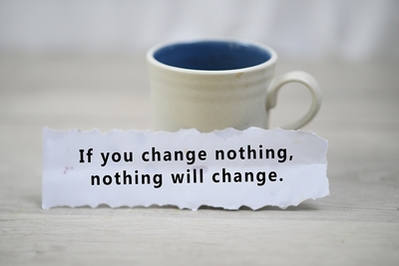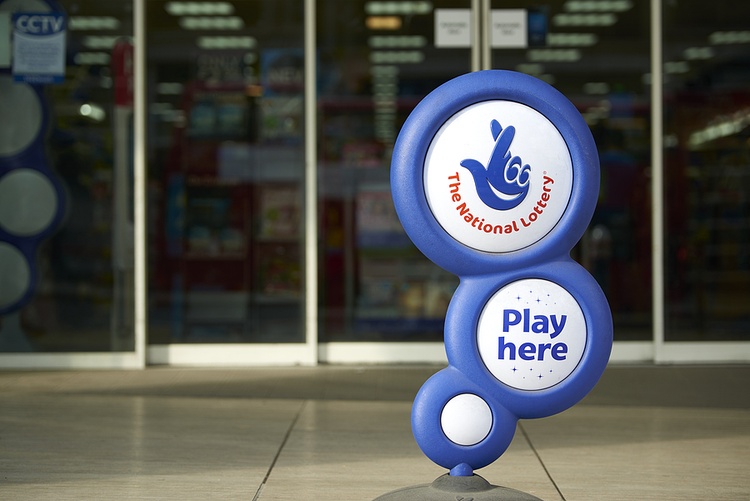When the balls were first released back in 1994, National Lottery fever gripped the UK; everyone had a ticket, and many families tuned in to watch the first ever live broadcast and mark their winning numbers on their tickets.
Looking back to when it all began has an antiquated sort of charm to it – times were simpler back then, weren’t they? – but a lot has changed since the lottery created its’ first millionaire.
Whereas you used to hand over a pound coin to the newsagent and receive a paper ticket which you would store safely until Saturday evening, you can now play without ever having to touch you wallet or a ticket, and you don’t even have to leave the house. You can actually automate the whole process so tickets are bought by direct debit each week, and the numbers are checked for you with a winners notification email if you get lucky. It’s much less fun but hey, everything changes.
One thing that hasn’t changed over the course of the National Lottery’s near 30 year existence, however, is the operator. Camelot has been at the wheel since day one, but now bidding has opened for the next tenure, and even Mystic Meg would have trouble predicting the outcome.
How Does the National Lottery Licence Work?
 Despite what many people think, the National Lottery is not a state run competition, although the Government do decide who gets to run it by way of the UKGC.
Despite what many people think, the National Lottery is not a state run competition, although the Government do decide who gets to run it by way of the UKGC.
Companies must bid for the contract to run the lottery for a fixed period of time, and the more interest there is the better the prospects for the lottery. Each time the contract has been put out for tender in the past, however, Camelot has only had a single rival: Richard Branson’s Virgin in 2001 and an Indian company called Sugal & Damani in 2007.
This time around it is a 10 year contract with no option to extend, but there are also certain conditions these companies must meet. For example, the winning bidder must commit a set amount of money to Good Causes contributions irrespective of sales, and they must also pay a percentage of sales over a certain amount to the Good Causes fund.
This means each company needs to work out how profitable the contract could be before they make their bid, if they decide it is worth bidding for in the first place.
Who is Bidding for the Contract?

A good few big names have been mentioned but actually, as of right now, no one has confirmed their intentions – not even Camelot.
Richard Branson was once again rumoured to be interested along with former bidder Sugal & Damani, as was Northern & Shell who run the Health Lottery. A Czech gaming company called Sazka are another strong contender, with other international firms said to be interested including the Australian Tabcorp, Novomedia which is a Dutch company, and Française des Jeux which, if you can’t tell from the name, is French.
Of those, Tabcorp and Novomedia have publicly ruled themselves out, but that still leaves a good handful of potential suitors.
Although none have officially committed to bidding for the contract, Sazka have hired a UK lobbying firm called Flint Global which has been taken as a pretty obvious statement of intent, and Camelot are also likely to bid what with them being the incumbent.
Here is a bit about each of them:
- Camelot – Founded in 1994 specifically to run the National Lottery and based in Watford, the Camelot Group was initially made up of 3 companies with specific areas of expertise: ICL (software, hardware, tech), Racal (communications), and Cadbury Schweppes (consumer marketing). Camelot was sold to the Ontario Teachers Pension Plan in 2010, and they also run the Illinois State Lottery as of 2018 and the Irish Lottery since 2013.
- Northern & Shell – Having run the Health Lottery since 2011 Northern and Shell are well placed to take the reigns from Camelot. They were founded in 1974 and used to own the Daily Express and the Daily Star.
- Sazka Group – Although only forming in 2012, this Czech company is a lottery specialist operating many National and multi-national lottery games around Europe including Austria, Greece, and Italy.
- Richard Branson – This would be his 3rd attempt at bagging the contract, and he wants to run it with a non-profit structure that would keep more money in the UK. He threatened to sue after failing to secure the contract on his second attempt though, so he probably isn’t popular with the decision makers.
- Sugal & Damani – Another lottery specialist having run Government licensed lotteries across India for 4 decades. They also have strong technology and payment capabilities along with lots of real estate.
- Française des Jeux – This is the French National Lottery and is owned and run by the French Government. How the UKGC would feel about a foreign government running our National Lottery is unclear.
UKGC Favouritism
 The fact that Camelot have held the license for so long is a huge advantage to them in the bidding process, not just because of their experience and relationship with the UKGC, but also because tendering costs money.
The fact that Camelot have held the license for so long is a huge advantage to them in the bidding process, not just because of their experience and relationship with the UKGC, but also because tendering costs money.
It takes a lot of research, planning and preparation to work out how you will deliver such a meaty contract and more again to demonstrate this effectively enough to win it. This means that companies need to feel they have a decent chance if they are going to compete in the first place.
It is widely believed that the bidding process was supposed to open at the start of the year, but was delayed until now for unknown reasons. This apparent delay gives Camelot an even bigger advantage in the eyes of one anonymous potential bidder:
“Bidding for the National Lottery involves substantial costs, and the current uncertainty is unsustainable for potential challengers. “Without a clear timeline, there is a significant risk of credible bidders abandoning their interest. The National Lottery deserves a vigorous competitive process where Camelot’s incumbency is challenged, otherwise it may as well be a state-run lottery.”
With the addition of Covid-19 making life difficult for almost everyone in business, how many of the interested parties will actually take the plunge and challenge Camelot remains to be seen.
A Glimmer of Hope for Contenders
 Despite their advantage, Camelot do have a chink in their armour.
Despite their advantage, Camelot do have a chink in their armour.
The Public Accounts Committee issued a report in 2018 criticising the current license for allowing Camelot to enjoy growing profits of 122% since the start of their most recent license, while Good Causes contributions grew by only 2%.
The new license has been changed in order to address these concerns but it does reflect badly on Camelot too as it makes them look greedy, so a particularly benevolent bid could be enough to dethrone the current operators.
Plus, it might just feel like time for a change. Everything has a shelf life, and sometimes it takes fresh leadership to propel a company or organisation to the next level.

